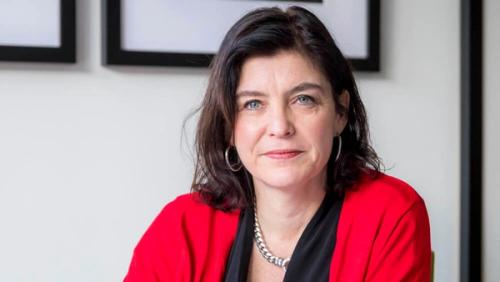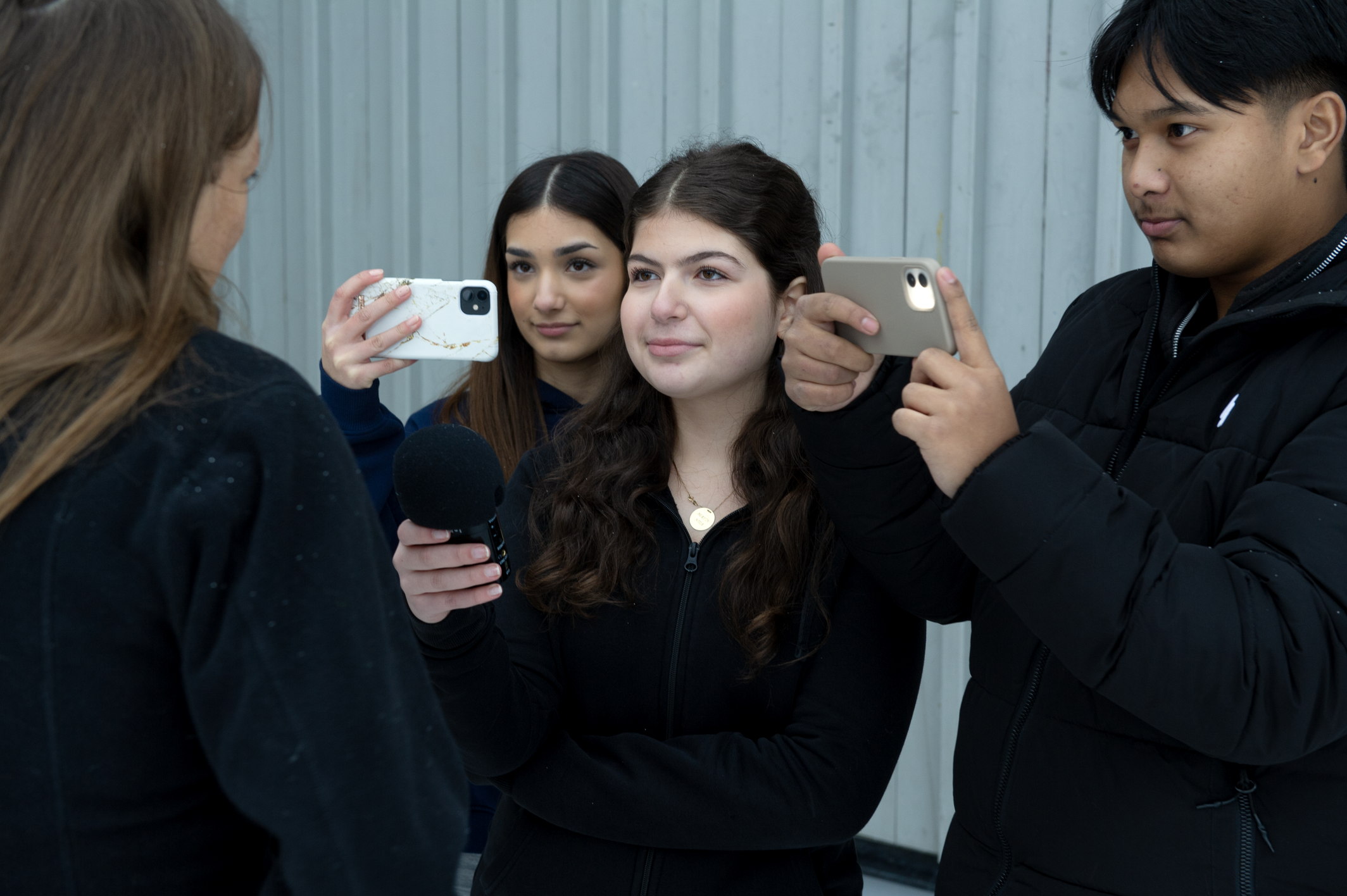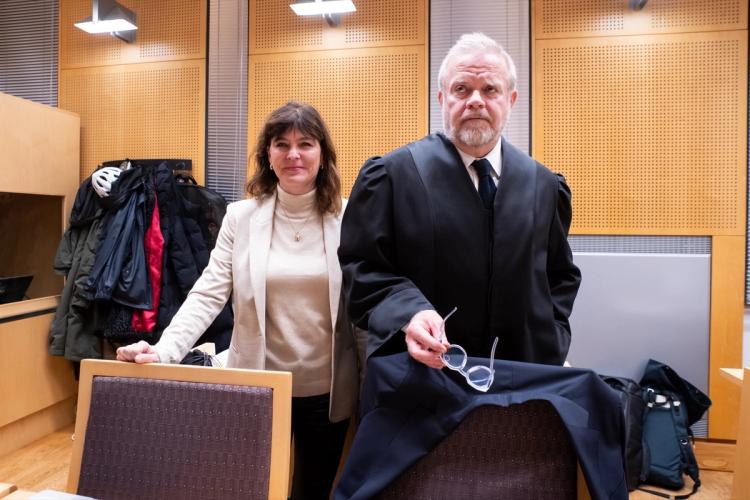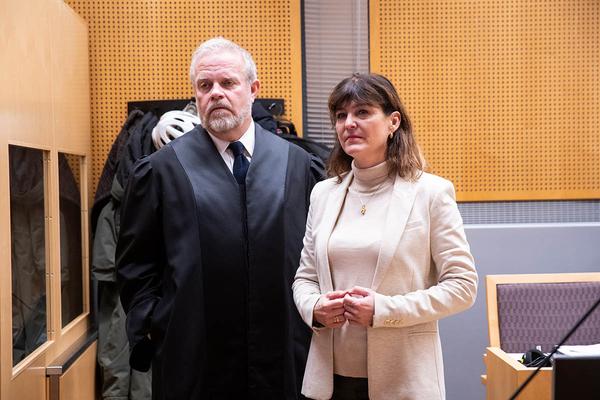24. februar 2020
Media diversity under threat

By KJERSTI LØKEN STAVRUM, CEO, Tinius Trust There is a limit to how many digital news subscriptions the public will […]
By KJERSTI LØKEN STAVRUM, CEO, Tinius Trust
There is a limit to how many digital news subscriptions the public will want to pay for in the future – a ceiling that will impact media diversity.
In Scandinavia, the transition to charging for digital news subscriptions has been a success. From the readers’ point of view, however, the requirement to sign in to the various publications often stops them from accessing the story they want to read.
In practice, signing-in solutions mean that most people will limit themselves to one or perhaps two paid-for news sources.
This is clear from the results of a new survey done in Norway and Sweden for the Tinius Trust – conducted by Norstat.
Download the report (PDF)
In Norway, 46% responded that they would only want 1-2 news subscriptions in the future. Almost half of the younger respondents aged 18-29 assume that they will not subscribe to digital news sources in the future at all.
The same trend has been identified in Sweden: 42% of respondents state that they only expect to have 1-2 digital news subscriptions, while 54% of 18 to 29-year olds say that they will not subscribe at all.
We have inquired which free news sources are the reason people do not want to subscribe to digital news.
Almost half of the respondents in Norway (45%) pointed to the free content provided by the national broadcaster NRK. The figure for Sweden is somewhat lower but remains high, with 38% saying that they will not pay for content given that the Swedish national broadcasting agency SVT offers its content free of charge.
The figures are cause for concern.
The Tinius Trust is the majority shareholder of the Schibsted media group. We are therefore very focused on Schibsted and other private media companies being in a position to offer free, independent, high-quality journalism also in the future. Being able to access diverse information affording a variety of perspectives in everyday life is of tremendous value.
That said, the numbers speak common sense. There is a limit to how many news subscriptions one believes one needs and which one is willing to pay for.
In this picture, one must consider the other paid-for entertainment channels such as Spotify, HBO, and Netflix.
In our survey, 25% of the respondents in Norway and Sweden said that they prioritized subscribing to digital entertainment over news services.
The Norwegian government’s media policy seeks to promote diversity in the media. It is a fact that democracy thrives where information is freely available and of many kinds. However, diversity is currently restricted to those who can pay for media access individually. If this leads to a rise in the number of persons entering the category known as “news avoiders”, there is cause for concern. Such a development would create new inequalities based on insufficient information about societal development, something that will be detrimental to society at large.
Some regard Spotify’s venture into podcasts as dangerous competition, as this is an area in which the editorial media have also invested heavily. Spotify’s payment solution for music has, for many years, been an obvious model for editorial content, although developments have failed to materialize. Most persons in the media industry have heard readers complain about how much they would like to access individual articles without having to pay for an entire month or even longer news subscriptions. Such statements must sound like music to the ears of a player like Spotify.
Because the issue is this: if creating a joint sign-in solution for content in the same category – such as digital, editorial news – is beneficial, someone will produce it. And if the media players themselves don’t take the initiative, someone else will.
Google made a move in this direction and became an early purveyor for editorial content. Using its search function, Google has gathered editorial content and then sold advertisements on its back. As a result, the editorial outlets have lost income, and Google has become a giant.
The paradox is that the editorial media can, in fact, cooperate. They have done so by means of news services such as NTB in Norway for more than 150 years and Tidningsutgivarna in Sweden for almost a century. In these organizations, the media outlets are joint owners and sit around the same table; they share content with one another; publish each other’s content, and are virtually on the starting line to acting jointly to secure the future of journalism.
But time is running out. They need to make a move.
Download the report (PDF)



